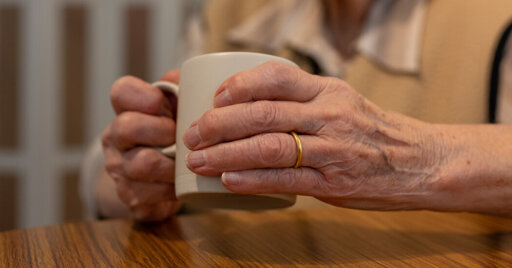The researchers found a correlation between how much caffeine the women typically drank (which was mostly from coffee) when they were between 45 and 60 years old and their likelihood of healthy aging. After adjusting for other factors that could affect aging, such as their overall diet, how much they exercised and whether they smoked, those who consumed the most caffeine (equivalent to nearly seven eight-ounce cups of coffee per day) had odds of healthy aging that were 13 percent higher than those who consumed the least caffeine (equivalent to less than one cup per day).



I’m just using a Hario pour over coffee set, it was like $30 altogether.
Part of my story also involves getting away from Keurig because the machines are so unreliable and the K-Cups are so terrible for the environment.
Yeah, i got my set for the same price, but couldn’t control my pour, so i picked up the hario air.
Thanks!